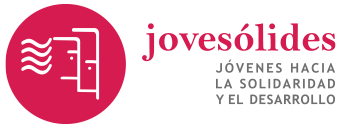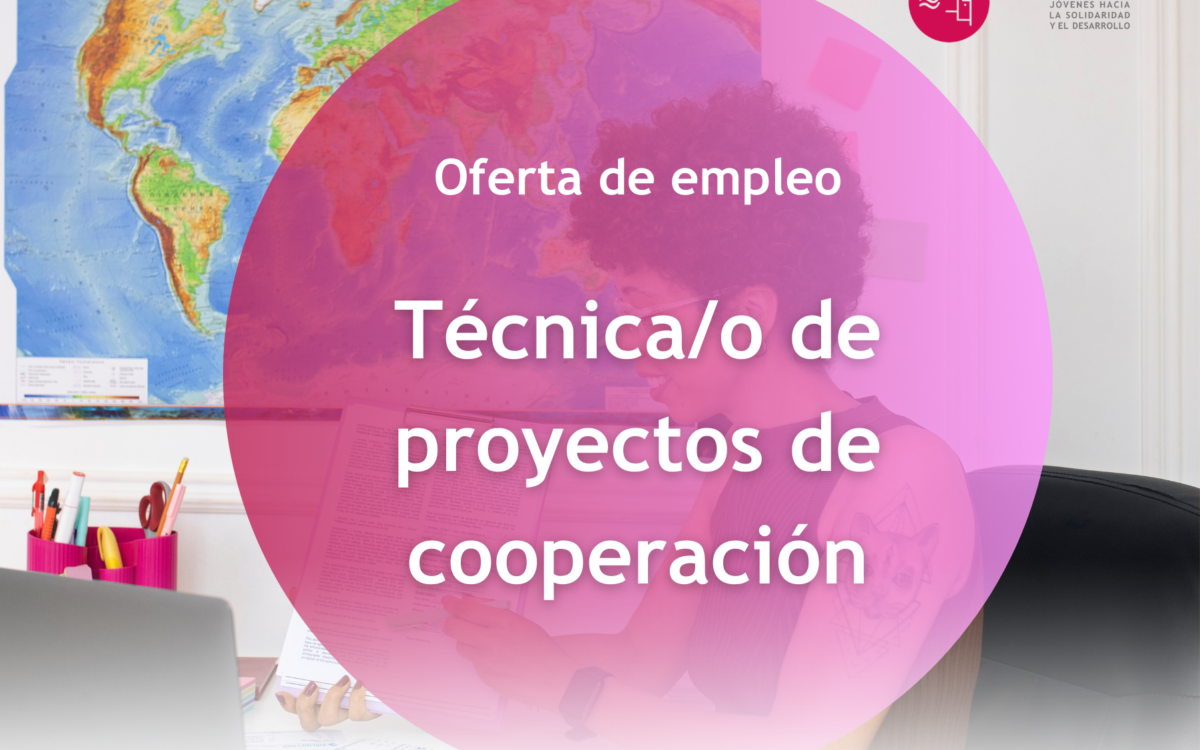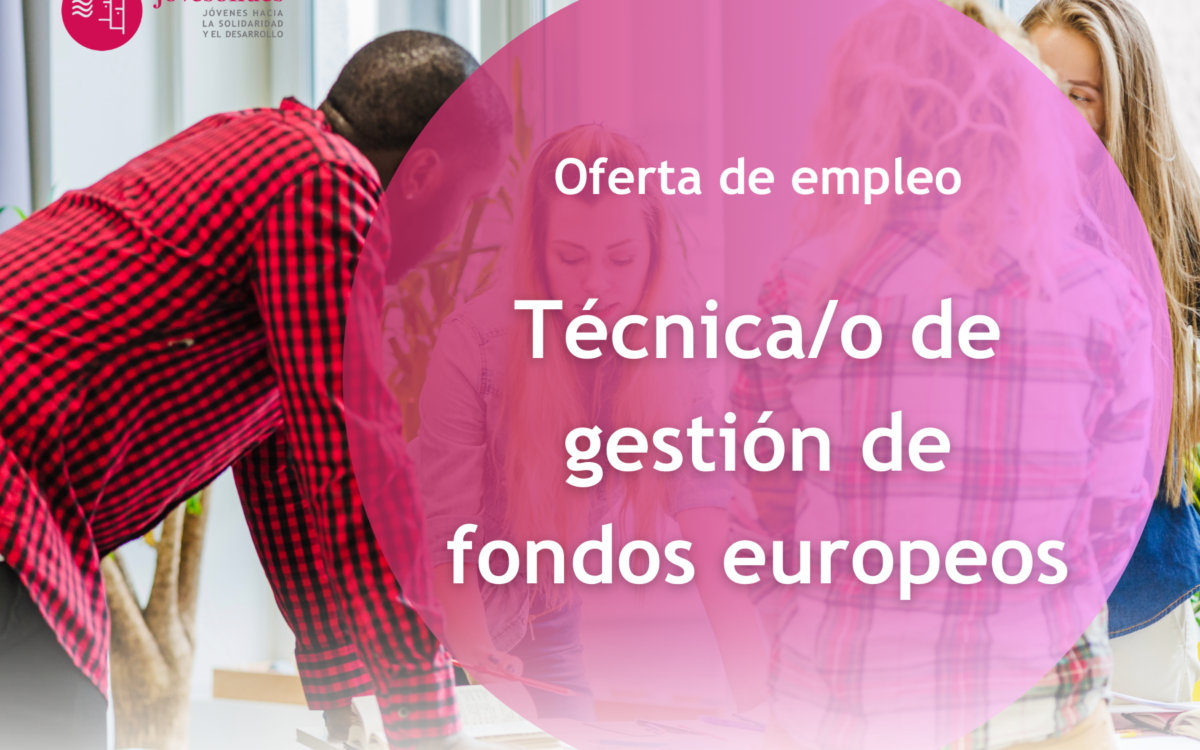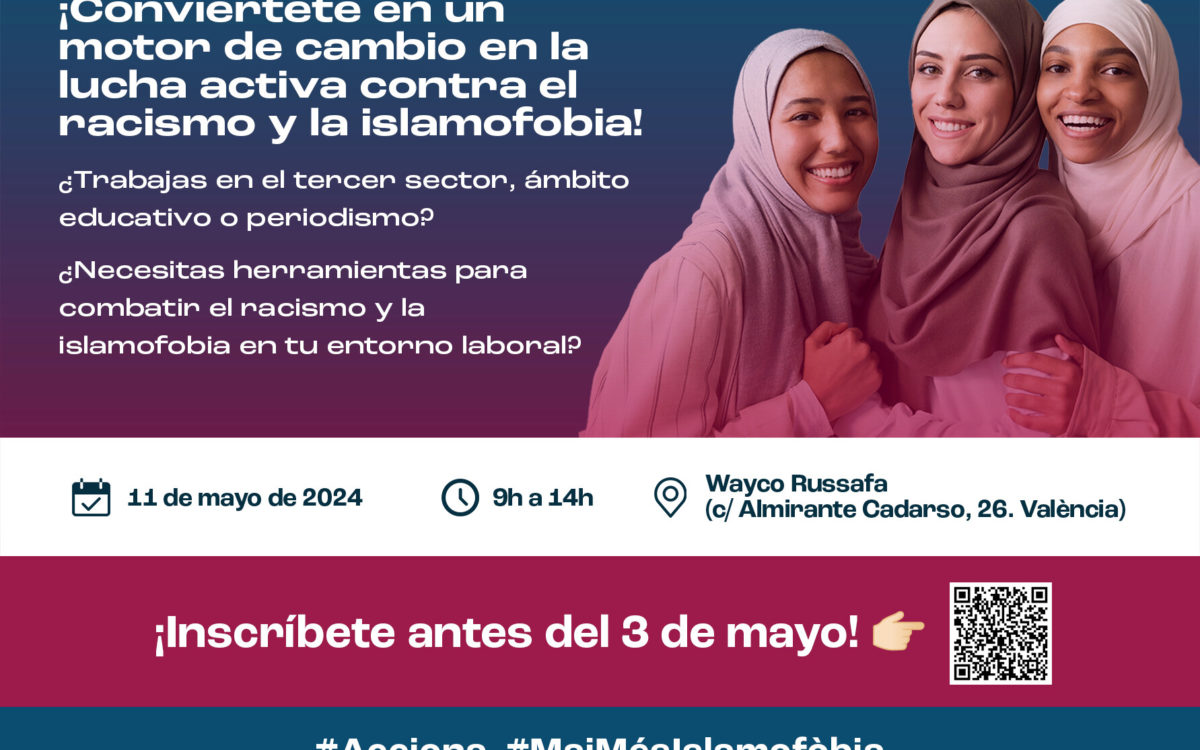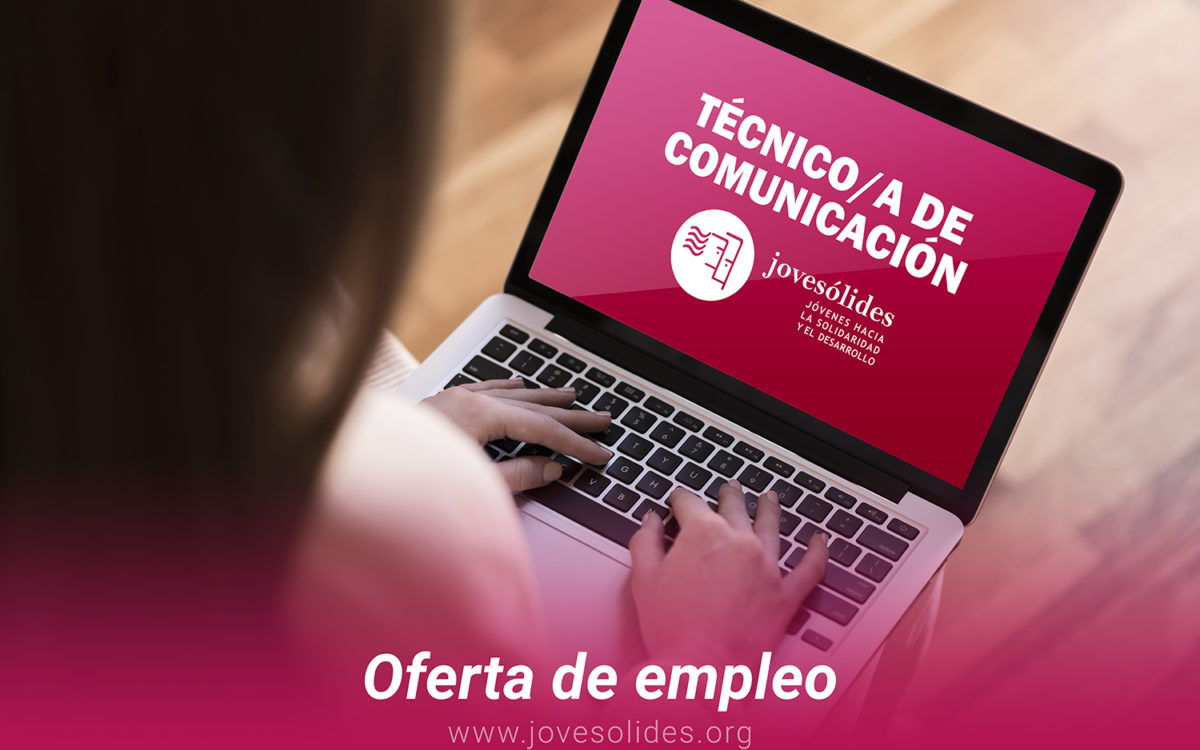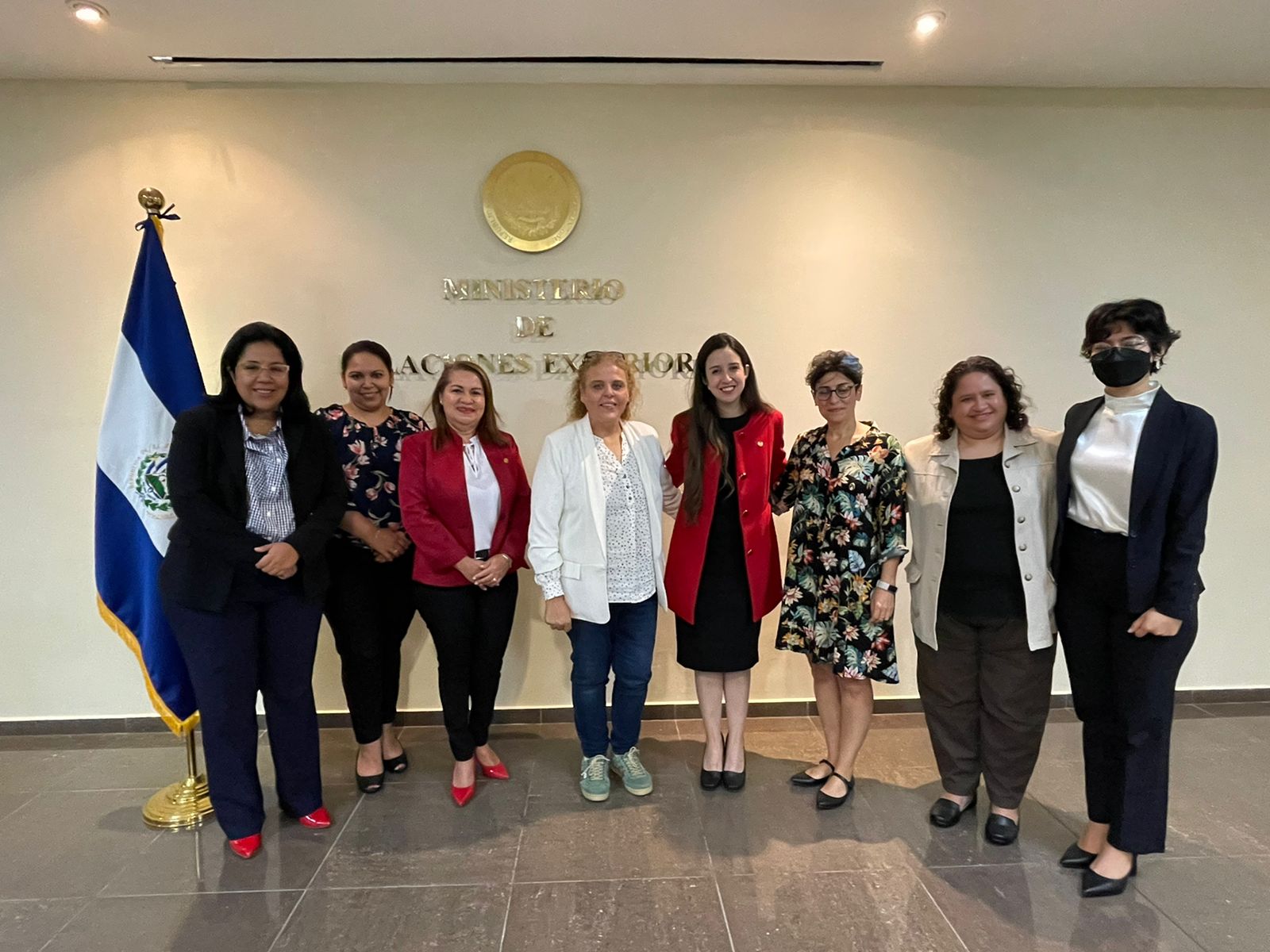 The coordinator of the Para ICT También project in El Salvador and professor at the School of International Relations of the Faculty of Jurisprudence and Social Sciences of the University of El Salvador (UES), Yaqueline Rodas, talks to Jovesólides to explain the main results of the technical cooperation project,funded by the Department of Participation, Transparency, Cooperation and DemocraITCQuality.
The coordinator of the Para ICT También project in El Salvador and professor at the School of International Relations of the Faculty of Jurisprudence and Social Sciences of the University of El Salvador (UES), Yaqueline Rodas, talks to Jovesólides to explain the main results of the technical cooperation project,funded by the Department of Participation, Transparency, Cooperation and DemocraITCQuality.
Rodas stresses that Para ICT Tambiénhas also been very fruitful, as the project has strategically addressed the digital divide and the technological illiteracy that existed among the faculty and students of the faculty, the only public one in the country. This programme, in which Jovesólides, the University of El Salvador and the Universitat Politécnica de València have collaborated, has strengthened teaching skills and increased opportunities for the social and labour insertion of Salvadorian youth.
- What is your assessment of the impact of the Para ICT También' technical cooperation project?
- Para ICT También is also a relevant, innovative and high-impact project . Relevant because it strategically addresses the digital divide and technological illiteracy that exists, particularly among faculty and students at the Faculty of Law and Social Sciences of the University of El Salvador (UES). This project was conceived at a very opportune moment, when the post-pandemic had exposed the educational crisis of higher education in El Salvador: the forced leap that universities had to make from face-to-face teaching to the virtual modality, without having the minimum necessary equipment and training.
It is also innovative in that it promotes peer-to-peer learning at subject, teacher and student level and strengthens their abilities. Furthermore, this project has enabled the University of El Salvador (UES) to have an institutional and legal framework that needed to be built in order to create the best possible conditions for the implementation of the project.
- How was the cooperation between the departments within the Faculty of Law and Social Sciences of El Salvador (UES) and with other institutions of the University of El Salvador handled?
- From the identification and design phase onwards, the project had a very high priority for participation, which made it possible to empower different people, both at the technical level and at the level of the management bodies. This has greatly facilitated the implementation of the project. The existence of an oversight committee composed of those who coordinate or manage strategic units within the Faculty, or the holding of permanent coordination meetings with management bodies such as the Faculty Technical Advisory Committee (composed of directors and heads of departments of both programmes); spaces for consultation and coordinated work between the Head of Faculty Finance and other university bodies such as the Ministry of Finance and UACI; among other important mechanisms that have facilitated the management and implementation of the project.
- What have been the most tangible results of the Para ICT También project in El Salvador?
- This project has produced 3 important results that can be demonstrated. On the one hand, strengthening the technological skills of the faculty's teaching staff has enabled them to improve the educational service they provide. This is also reflected in the institution's virtual platform, where various new teaching tools (videos, training activities) created by the teachers can be found.
On the other hand, students who have been trained in technological skills and digital security make better use of technological educational resources and now have a new strategy of mutual support thanks to peer learning. And finally, the training of the technical team. It is now better prepared and has adequate technological resources with which to meet the digital demand currently being experienced by the UES Faculty of Law and Social Sciences.
Yaqueline Rodas, head of the Para ICT También technical cooperation project in El Salvador and lecturer at the UES, highlights the financial support provided by the Generalitat Valenciana to equip the first multimedia room and set up an audiovisual laboratory with equipment for Salvadoran students, which facilitates the use of digital tools and the implementation of blended learning in the curriculum. The Dean of the Faculty of Law and Social Sciences of the UES, Evelyn Farfán, explained this digital teaching in greater detail during her visit to Valencia, where she had the opportunity to talk about the results of Para ICT También and where Jovesólides took the opportunity to interview her to learn first-hand about the impacts in El Salvador.
Para ICT También is a technical cooperation project funded by the Regional Ministry of Participation, Transparency, Cooperation and DemocraITCQuality. If you want to know all the news and activities of this project, follow the hashtag #ParaTicTambién on social networks.
 en
en  es
es